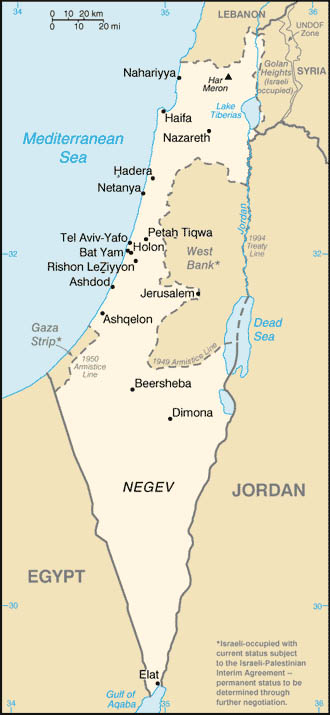
Israeli Prime Minister, Benjamin Netanyahu has declared that Gaza’s population will be relocated to the southern part of the enclave, following the approval of an expanded military operation by Israel’s security cabinet — a move a minister described as a plan to “conquer” Gaza.
The decision came after the Israeli military announced it would mobilize tens of thousands of reservists, significantly boosting its operational capacity in the territory.
“There will be no in-and-out. We’re not going to enter and then withdraw,” Netanyahu said Monday in a video message posted on X.
“The plan is to call up reserves, hold territory, and continue forward.”
He added that civilian displacement was intended “to protect them” as part of the intensified military effort.
The operation, named Gideon’s Chariots, was unanimously approved by the security cabinet and aims to defeat Hamas and secure the release of all hostages, according to a senior Israeli security official. The plan is expected to launch after U.S. President Donald Trump visits the Middle East next week, providing what Israeli officials see as a window for a potential hostage deal.
“If no deal is reached, the operation will begin in full force and continue until all objectives are achieved,” the official said.
Under the plan, Gaza’s population will be moved southward, and the humanitarian blockade may be lifted only after the displacement. The official added that the Israeli military would remain in all captured areas and maintain a permanent security buffer zone around Gaza.
“We are on the verge of a significant entry into Gaza,” Netanyahu said, citing recommendations from the General Staff.
Israeli military spokesperson Brig. Gen. Effie Defrin stated that the top priority of the operation is the return of hostages, placing it above the objective of Hamas’ defeat. “First and foremost, the goal is to bring the hostages home,” he said.

This stance drew criticism from National Security Minister Itamar Ben Gvir, who said Defrin was “confused” about the military’s role relative to political leadership.
Families of hostages also expressed concern that an expanded war could jeopardize their loved ones’ safety, criticizing the government’s perceived prioritization of military action over a hostage deal.
When asked about the U.S. stance, National Security Council spokesperson Brian Hughes said: “The President has made clear the consequences Hamas will face if it continues to hold hostages, including Americans. Hamas bears sole responsibility for this conflict and the resumption of hostilities.”
Finance Minister Bezalel Smotrich suggested on Monday that Gaza could be annexed following its military capture, stating, “We are finally going to conquer the Gaza Strip.” While he did not formally demand annexation as a war objective, he added, “Once we begin the maneuver, there will be no withdrawal — not even for hostages.”
Smotrich, a far-right figure with significant influence in the coalition, emphasized that any captured territory should remain under Israeli control.
Since mid-March, more than 2,400 Palestinians have reportedly been killed in Gaza amid intensified Israeli airstrikes. The Palestinian Ministry of Health reports over 52,000 deaths since the conflict began.
Officials noted that military escalation would proceed gradually to allow time for a potential ceasefire or hostage deal before Trump’s visit to the region. His itinerary includes Saudi Arabia, the UAE, and Qatar, with no current plans to visit Israel.
The United Nations expressed alarm over Israel’s planned military expansion. UN Deputy Spokesman Farhan Haq stated that Secretary-General António Guterres is “deeply concerned” about the potential for further civilian casualties.
Meanwhile, Israel’s blockade of humanitarian aid to Gaza is now in its ninth week. A new framework to resume aid deliveries was approved by the cabinet but is not yet in effect. Sources said the decision sparked internal debate, with far-right ministers opposing aid and IDF Chief of Staff Lt. Gen. Eyal Zamir arguing that Israel has a legal obligation to facilitate humanitarian relief under international law.



